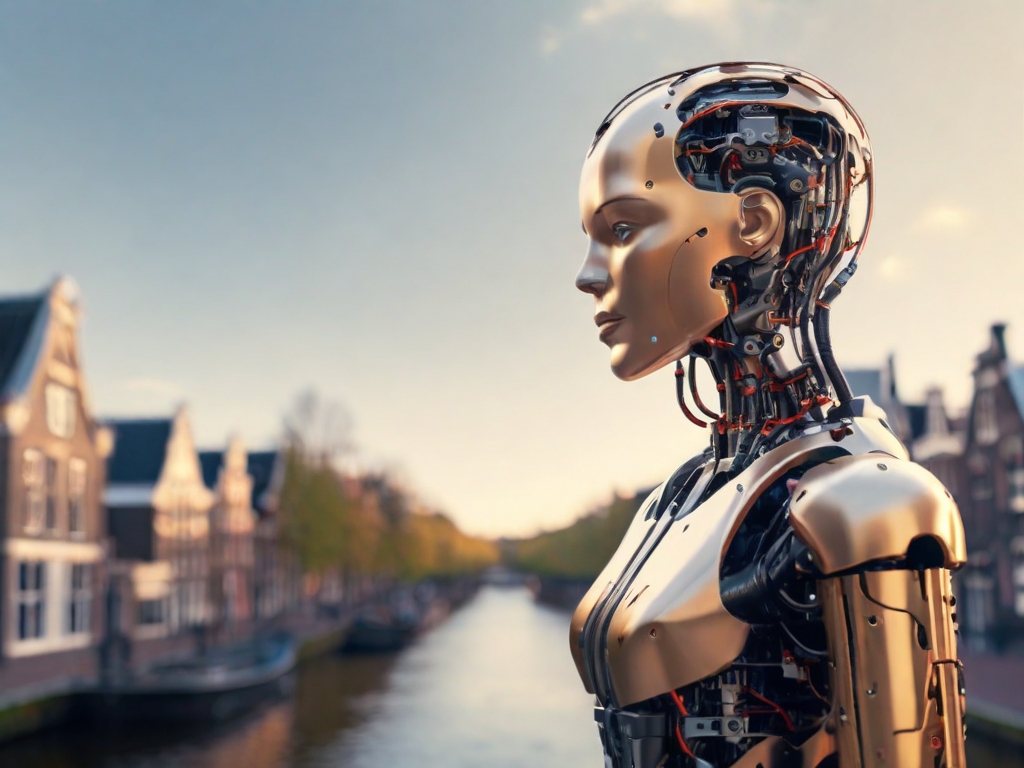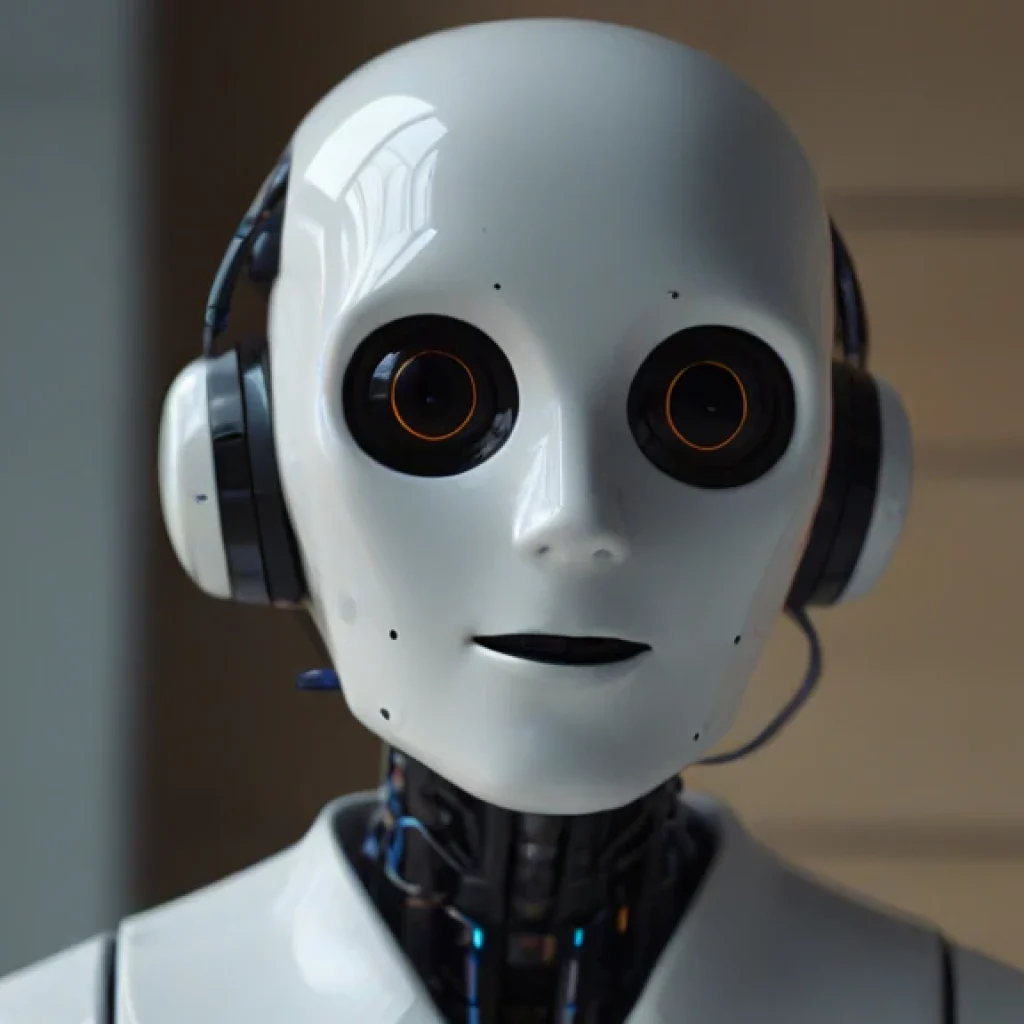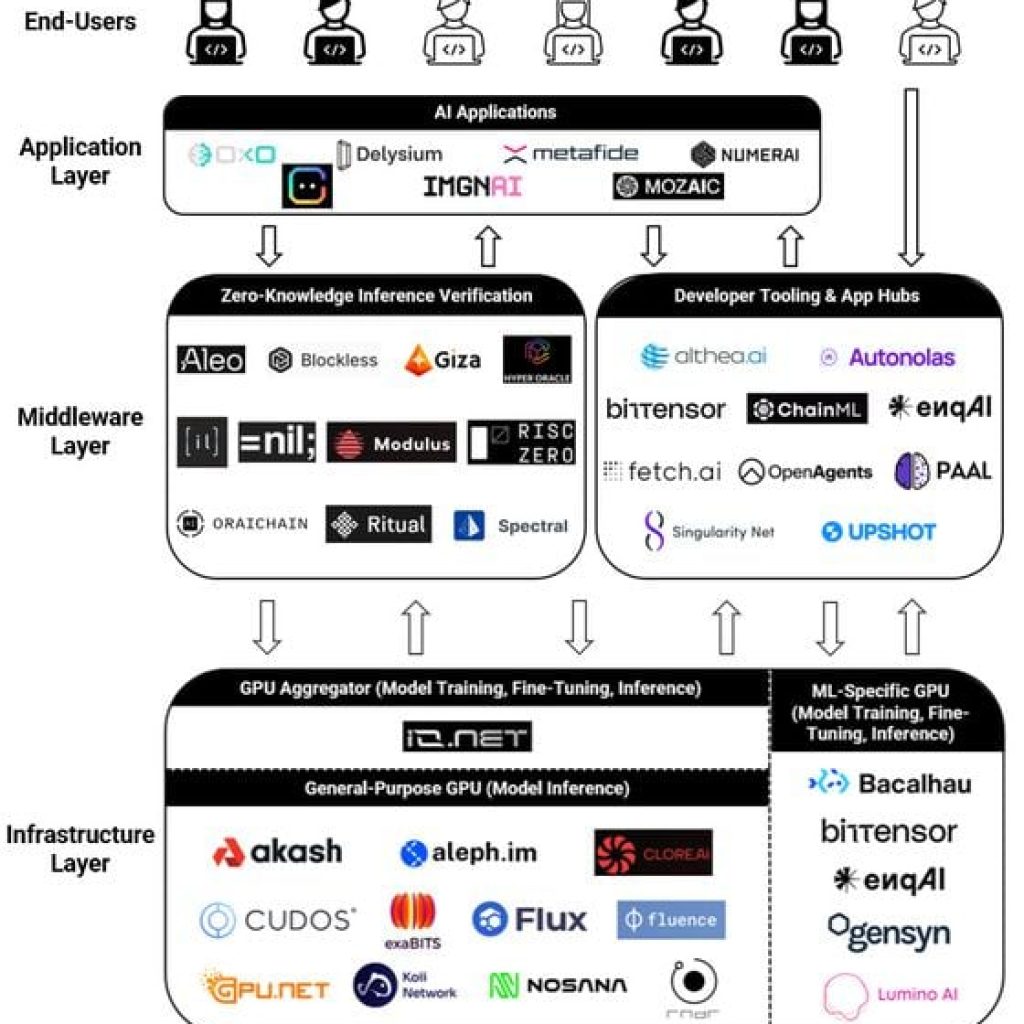New ING Research finds Dutch citizens worry far more about jobs being displaced by artificial intelligence (AI) than they worry about AI’s impact on their careers. The study found that 38 percent of the respondents believed that AI would cause a displacement of jobs across sectors, but only 1 percent believed that their jobs were at risk. This dichotomy—an individual’s expectation to keep his job when confronted with a complex relationship between his understanding of the potential effects of AI on the labor market—is entailed in the following perception:
AI awareness and job security confidence
In the survey, where responses by more than 1,000 people were contributed, those who understand AI better indicate they have more confidence in personal job security, such as among professionals from manager or technician categories. Still, almost 4 in 10 Dutch respondents think that AI will disrupt their jobs. On the other hand, they express mainly prevailing optimism for the adaptability of their roles within this changing landscape.
The survey also sheds light on some broad implications of AI for job responsibility, with about half of the respondents claiming that AI would change their work responsibilities at least somewhat. It suggests recognition of AI’s capabilities to bring change, but with different impacts than might be expected from other job functions.
The generational divide in AI adoption
The ING Research study also uncovers a generational divide in the engagement with AI technologies. Compared with a lower proportion of people over 55, a higher proportion of respondents from the youngest age band reported using AI. T
This trend may suggest that younger populations are more exposed to AI and may have an attitude related to job access in the future. It is interesting to note that the survey shows optimism toward AI: Up to 9% of the respondents believe in AI-engineered job creation. This perspective and the divergence in expectations, along with job responsibilities, are highlighted to indicate how multifaceted the integration of AI into the workforce really is.
Overcoming challenges for AI utilization
While the above-mentioned promising future experiences with AI are great, the developments above also pose several challenges that, according to JSON, lie before the fulfillment of accessing full AI potential. Issues among them include data quality, regulatory frameworks, and infrastructure and knowledge investments. These shall be at the forefront when harnessing AI capabilities and, as much as possible, mitigating the disruptive impact it has on the labor market.
The ING Research survey reveals a complex narrative surrounding AI and its perceived impact on the Dutch labor market. Although much concern is on the loss of jobs to AI technologies, a lot of optimism surrounds individual occupational health and how jobs would change with the use of AI technologies. Therefore, the findings underline the need, in such a context as the Netherlands considers what AI might mean, for a balanced approach that takes into consideration the potential change from AI and the importance to very many more current and future workers to be able to support the making of those changes.
Original Story From https://nltimes.nl/2024/04/07/nearly-40-think-ai-will-cost-jobs-netherlands-1-think-risk





